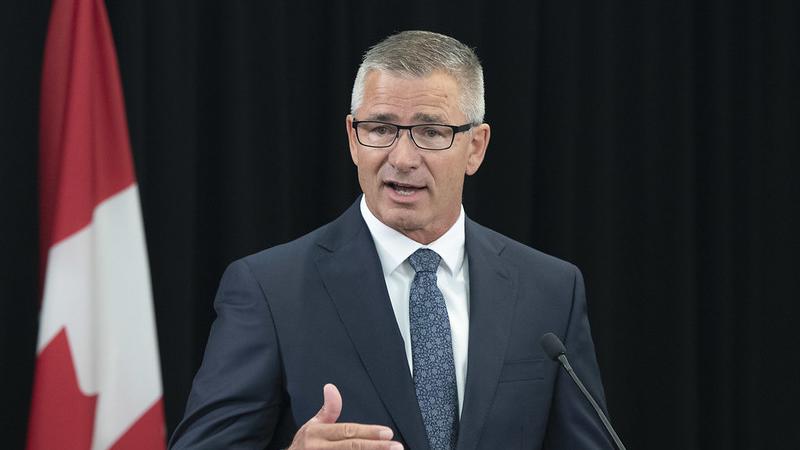
“Are we getting treated equitably?”: Toews as Alberta vote on equalization referendum
Should a majority of Albertans vote in favour of the idea of removing the practice of equalization from the federal constitution, Alberta’s finance minister says the provincial government would use that as leverage to bring the federal and other provincial governments to the table, to renegotiate Alberta’s financial position in the federation.
This comes a day ahead of the municipal election, which includes a provincial referendum question asking Albertans whether they would support the removal of Section 36(2) of the Constitution Act-1982, which involves the practice of equalization payments.
Travis Toews, who is also the MLA for Grande Prairie-Wapiti, suggests it’s a topic that has long been of much concern to his constituents and many other Albertans.
The practice of equalization payments is in the constitution to ensure all provincial governments have sufficient revenues to provide reasonably comparable levels of public services at reasonably comparable levels of taxation across Canada.
